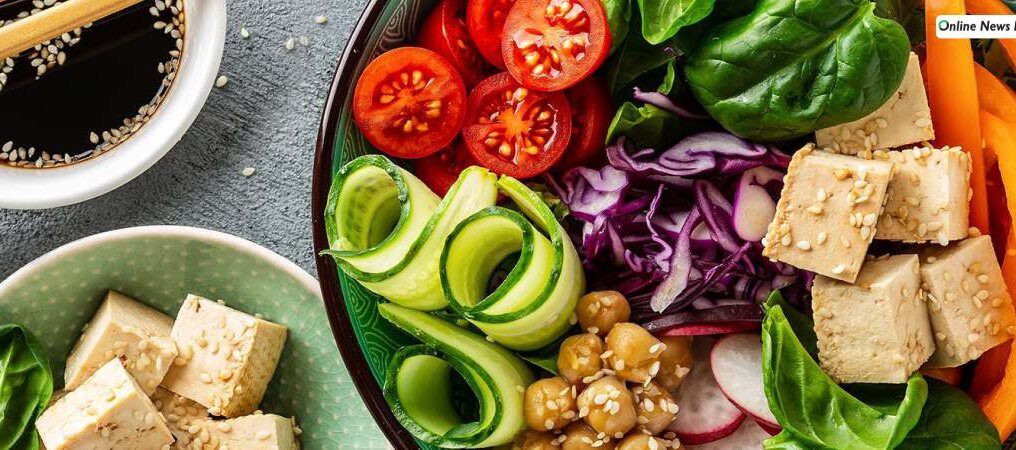
Be it as a trend or just out of curiosity to follow a vegan diet, you may search for the best vegan diet on the internet.
If any of those reasons brought you to this article, I don’t want you to leave empty-handed. As per Ayurveda and other documents related to nutrition, there are numerous benefits of incorporating a vegan food into your routine.
Several benefits like weight loss, reduction of chances of developing any disease like colon cancer, and lowering the risk of heart disease. Around 79 million people worldwide are trying to get the benefits of Being a vegan.
So, if you are also interested in going vegan, you can follow this article to understand what a vegan diet means.
In this article, I will help you understand the benefits of a vegan diet.
What Is A Vegan Diet?
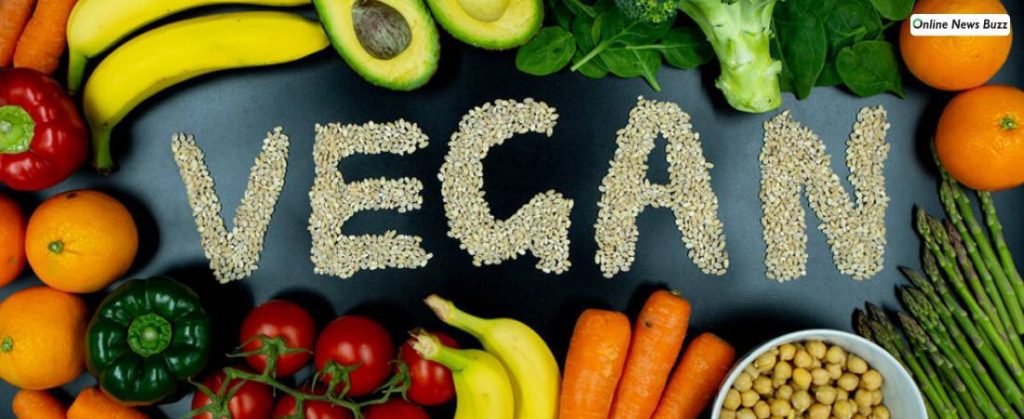
A vegan diet simply means excluding all animal materials from your daily eating habits. When following a vegan routined diet, you will only eat plant-based foods, like fruits, grains, corn, etc.
You can eat plant-based foods, but if you want to go vegan, you cannot consume animal-based foods like eggs, cheese, milk, honey, and any meat or fish.
So following a vegan diet means living off plant-based foods and denying any non veg food. Vegetarian diets and vegan diets are different. Vegetarians eat milk, honey while excluding non veg from their diets. But Vegans completely avoid non veg foods.
Maintaining a plant-based diet helps in reducing obesity and risk of chronic heart diseases. Serious animal concerns are further increased because of excessive consumption! With plant-based food, you can be more careful against type 2 diabetes, cancer, and liver issues.
You can obtain vitamin B-12, calcium and iron from plant-based food and nutrients. When you exclude eggs, dairy and meat from your food choices, you might raise the question of nutritional satisfaction.
However, plant-based food items are also satisfactory when it comes to nutritional welfare of a human body. Instead you can consume vegetables, seeds, nuts, beans and fruits that provide protein, healthy fats, minerals and vitamins when you choose a vegan diet.
Read More: Signs You Need to Let Go of Your Diet Plan
Things Vegans Eat
So, Are you new to the vegan lifestyle? what can you add to your vegan diet? Here are things you can add to your vegan eating routine.
- Legumes, like peas, beans, lentils
- Fruits and vegetables
- Nuts and seeds
- Bread, rice, and pasta
- Seeds and nuts
- Coconut milk, soy milk, and almond milk
- Vegetable oils
Things Vegans Don’t Eat
If you want to be a vegan, you have to limit yourself to a certain type of food; and you cannot eat specific foods. Here is a list of some foods that you cannot eat as a vegan.
- You cannot eat any meat; beef, chicken, pork, fish, duck, crabs, or poultry birds
- Eggs are also off the list
- Butter and cheese are also off the list
- Milk, Cream, Ice Cream, and other dairy foods
- Mayonnaise
- Honey
Benefits Of A Vegan Diet
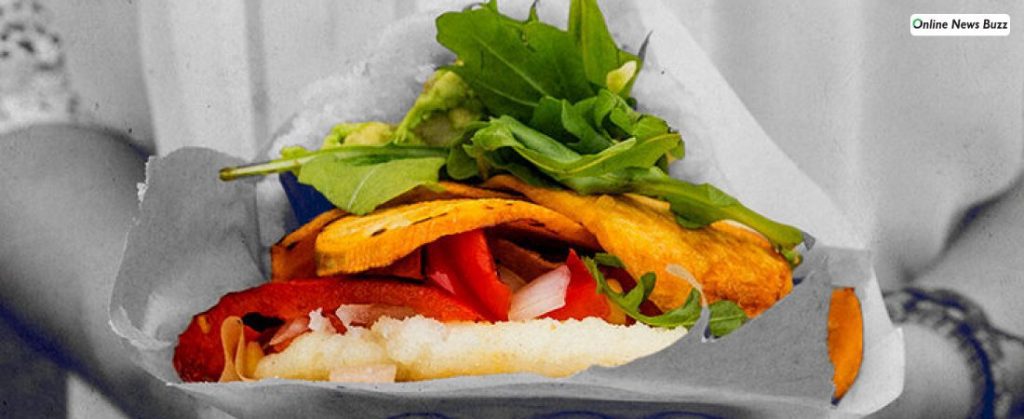
Several studies have proven that a full vegan eating habit has kept vegan people healthier than those who eat non veg foods regularly. For example, a better condition of the human heart, low rate of obesity, lower cholesterol, and high blood pressure is maintained well if you have a vegan diet.
Here are several benefits of a vegan diet,
Better Heart Health

A vegan diet plan keeps your heart health better. If you have a higher intake of plant-based foods, you can reduce the risk of developing heart disease. Animal-based foods like cheese and Butter are sources of saturated fats; as a result, these fats raise the level of cholesterol in your body.
A heart attack decreases when you stop taking these foods and resort to a vegan diet.
Click Here To Read This: Starting A New Diet Plan: Here Are 5 Factors You Need To Consider
Low Risk Of Developing Cancer
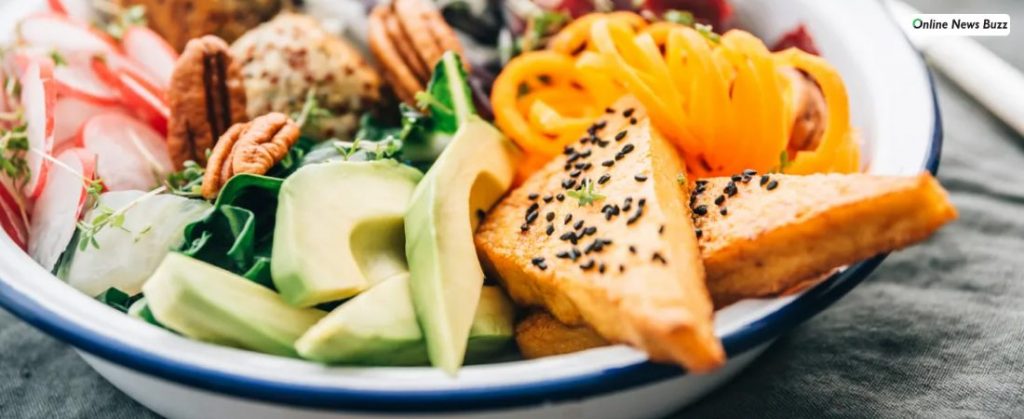
When you start a vegan diet, your chances of having cancer are lower by 15%. This is because vegan foods are rich in fibers, vitamins, and phytochemicals. Having vegetables and fruits in your diet boosts these elements to fight off cancer.
Several researchers have found that processed meats have carcinogenic elements in them. As a result, there are chances that they may cause colorectal cancer. Removing these foods from your diet helps you reduce the chance of having cancer. Instead, you can resort to a fully vegan diet.
Weight Loss
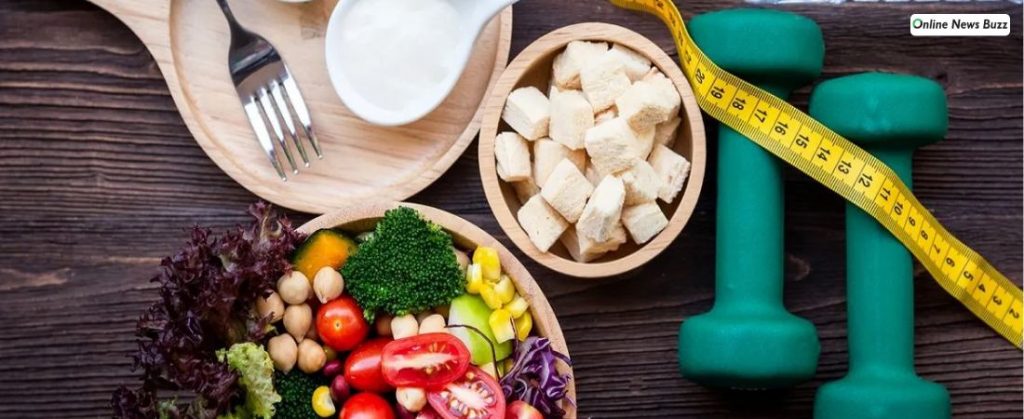
According to studies, people following a vegan diet have a lower body mass index. So if you want to lose some body weight ( specifically unhealthy fat), then a vegan diet can help you achieve that goal.
There are low-calorie plant-based foods, and incorporating them into your diet will help you reduce excessive and unhealthy fat.
You can eat plant-based foods, but that does not mean eating processed foods or fast foods made from plant-based ingredients will help you. Those are just junk foods, and they don’t help you in any case.
Lower Risk Of Type 2 Diabetes

Consuming processed meats or nonveg food increases the chance of having cancer. If you eat healthy and plant-based foods instead of processed meats and other non veg foods, your risk of type 2 diabetes decreases by a maximum percentage.
You May Like To Read This: What Is Atkins Diet? How To Do It?
Facts You Didn’t Know About Vegan Diet!
- The point is to avoid animal products especially dairy, milk and meats. People who are severe with maintaining veganism also at times boycott animal exploitation along with products and clothing made from animal skin, horn and other parts.
- According to the statistics, every individual that turns vegan spares 30 animals in a year. It is your way of protecting animals especially when 150 million farmed animals are killed in a year for consumption.
- Veganism also helps in protecting the environment considering 1 pound of beef is produced with 2500 gallons of water. 91% of the Amazon rainforest has been destroyed because of animal agriculture.
- If you become a vegan, you have the power to feed another mouth! If the crops are only grown for humans instead of feeding the crops to animals and then eating them, then there is a high chance of an additional 4 billion people being fed!
How To Follow A Vegan Diet?
It is not that easy to follow a vegan diet, But here are some recommendations you can keep on your list.
- You can eat Tempeh, Tofu, and Seitan: These foods are rich in protein and can serve as an alternative to meat, fish, and other animal protein sources.
- Nuts and Butter: When you add nuts to your diet, you have a rich source of magnesium, zinc, selenium, iron, fiber, and vitamin E.
- Legumes: Foods like lentils, beans, and peas are good sources of protein, vitamins, and several other nutrients important for your body. You can add sprouts to your daily routine; also, you can eat them after cooking.
- Fruits & Veggies: Even non veg eaters cannot live without having some fruits or veggies. Fruits and vegetables are rich in vitamins and minerals needed in your body.
- Plant Milk & Yogurt: If you want to increase the amount of calcium in your vegan food routine, you can add Plant-based milk and Yogurt to your daily diet. You also get more vitamin B12 and Vitamin D.
- Algae: If you are looking for a good source of healthy plant-based protein, then you can take chlorella or spirulina as a good replacement for meat.
Frequently Asked Questions (FAQs):
Here are some frequently asked questions related to the same topic.
For starting a vegan diet, you can follow the below chart.
• Eat lots of green veggies.
• A variety of plant-based foods should be in your diet.
• Whole-grain foods are the best.
• The more plant-based protein, the merrier.
• Look for foods rich in vitamins, minerals, and complex carbs.
If you are ditching milk and eggs for a fully vegan diet, then it might be hard setting up a breakfast routine. Here are some of the options you can try.
• Soak oats overnight and eat them in the morning
• Oatmeal breakfasts.
• Vegan carrot waffles
• Whole oat porridge
• You can eat fruits like bananas, apples, and bread in the morning for breakfast.
Since there is a lack of protein-rich foods in the vegan routine, it may be hard looking for the best vegan foods. Here are some recommendations that you can check.
• Quinoa
• Bread
• Tofu
• Soybeans and soy kinds of milk
• Vegetables
• Lentils, peas
• Fruits
• Bread and rice
• Oats
When you add only plant-based foods to your diet, you can easily decrease your weight through a vegan diet. Eating food in whole quantities and not when they are processed. There is a good chance of losing weight through a vegan diet.
Bottom Line
Vegan diets help you improve your heart health, lose weight and reduce the chance of having diseases like cancer, diabetes, and so much more. Many ayurvedic scriptures and doctors recommend having a vegan diet plan.
I hope that reading this article has helped you understand the importance and benefits of having a healthy diet.
Read Also:
• What Is The Paleo Diet? How To Do It?




























